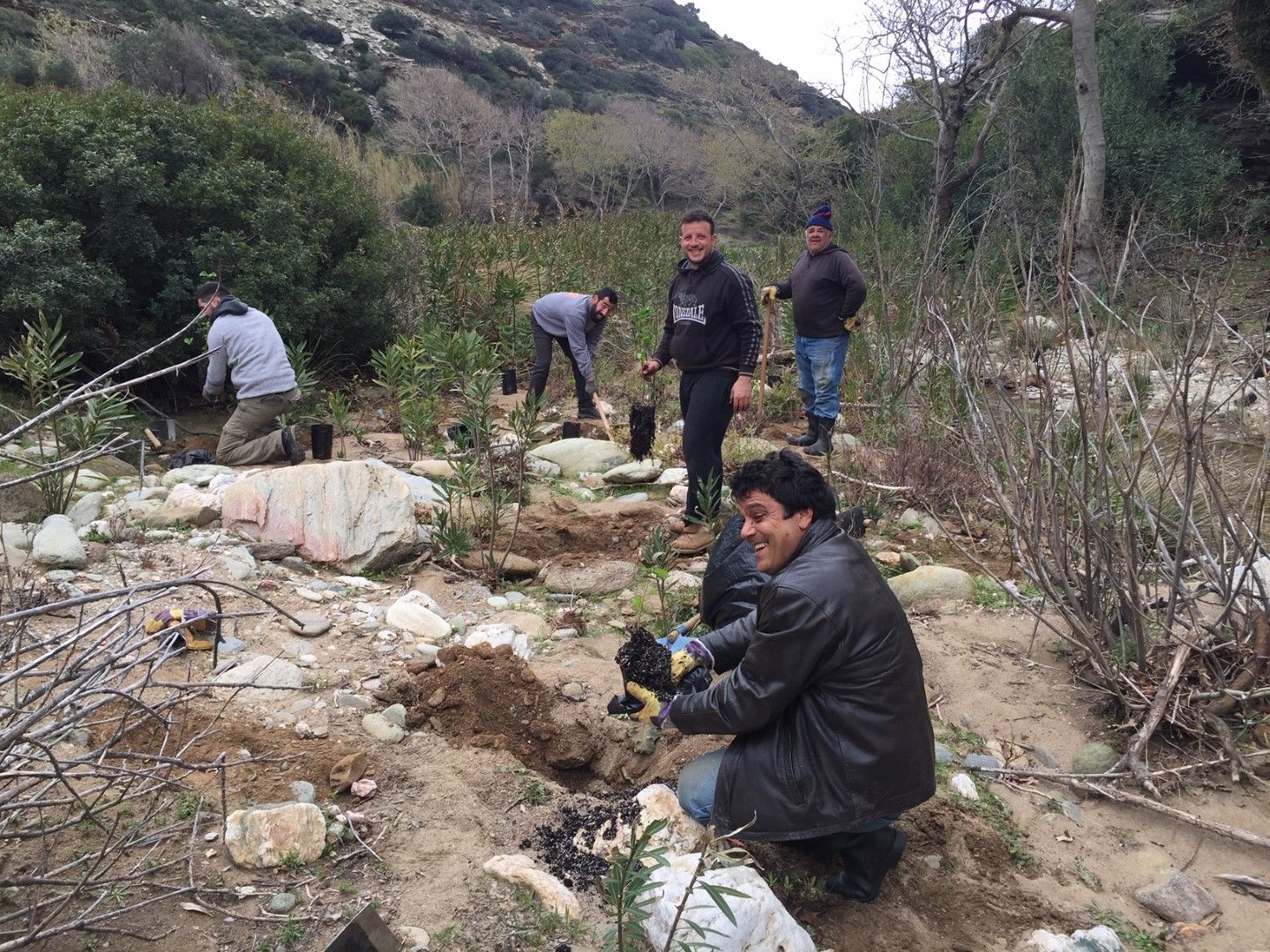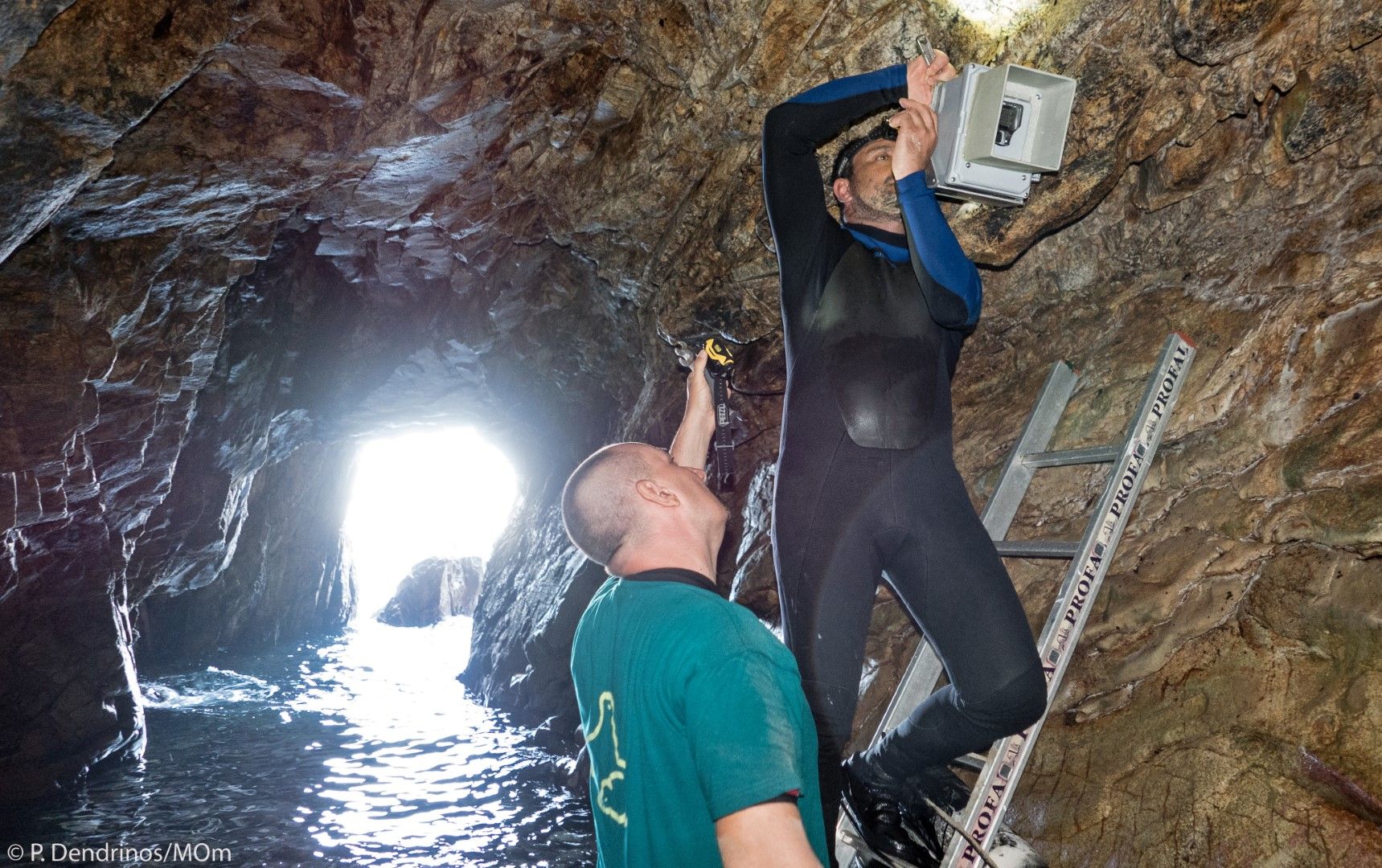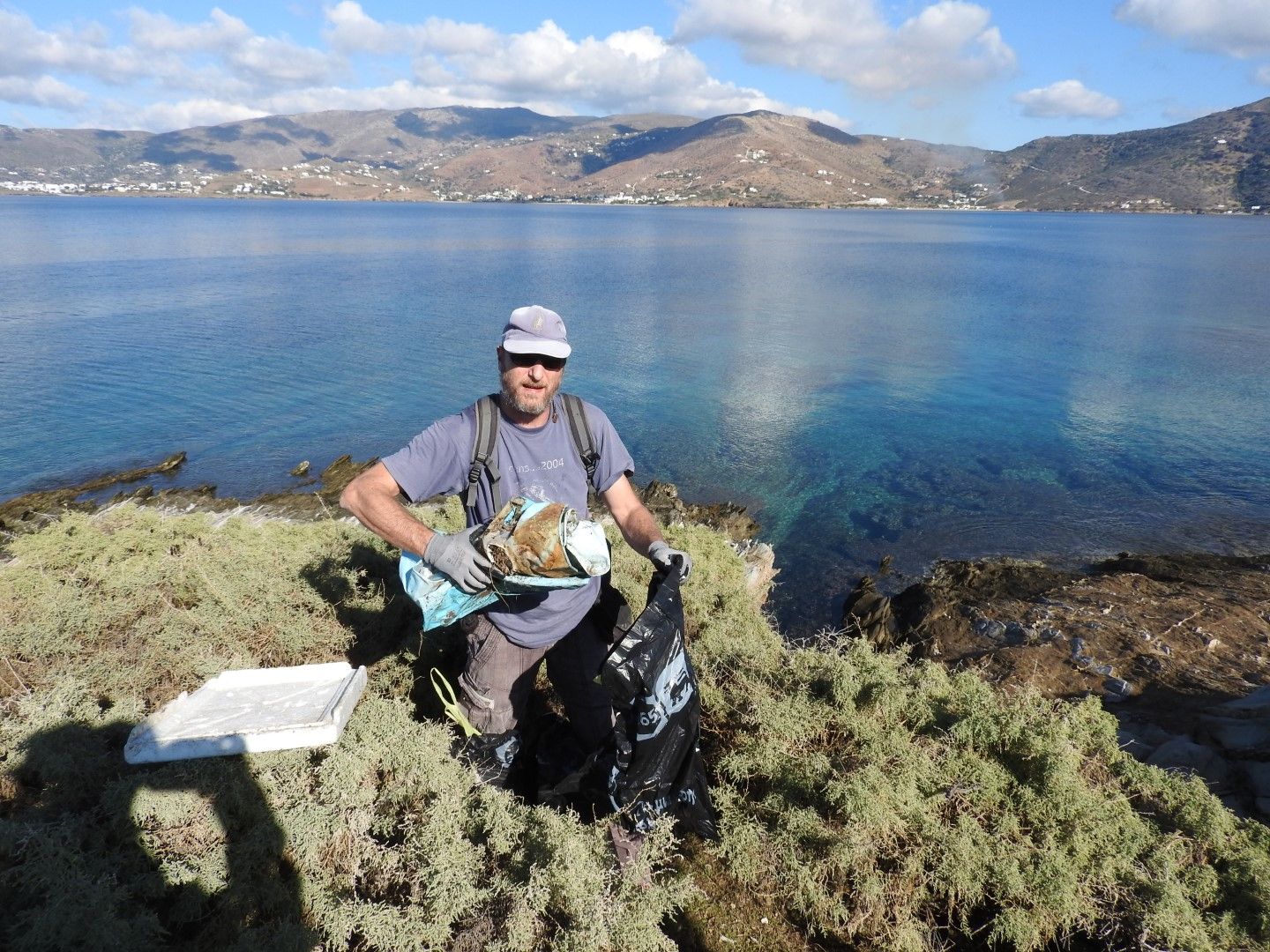November 2019 - LIFE Andros Park
Α) Identity of the project
| Title/ N° |
Conservation of priority species and habitats of Andros Island protected area integrating socioeconomic considerations |
| Duration |
01/09/2017-30/09/2021 |
| Budget |
Project’s budget: 2,345,329 € |
|
Beneficiaries |
Coordinator: Partners: |
| Location of activities |
Natura 2000 sites of Andros Island |
| Website | |
| Contact |
Dr. Georgios I. Zervakis, Professor |
Description/Aim
By having as ultimate vision the establishment of a holistic management of Andros Natura 2000 sites through the active support and involvement of the local community and key stakeholders, the current project expands the conservation actions, previously implemented by the successful LIFE+ ANDROSSPA project (2001-2017) on birds in the Andros’ SPA, to further include all important species and habitats of the island as well as to address pertinent threats.
Τhe project focuses on the implementation of priority conservation actions to significantly restore and improve the conservation status of the priority terrestrial habitat alluvial forests with alders (91E0*), as well as the priority marine species Mediterranean Monk Seal, Mediterranean Shag and Audouin’s Gull within the Natura 2000 sites of Andros island. This objective is achieved by implementing a series of conservation measures at sea and on land.
At sea:
- Effective management of marine plastic debris and derelict fishing gear to mitigate entanglement and ghost-fishing of priority marine species.
- Implementation of measures to reduce friction between fishermen and Mediterranean monk seal, through voluntary application of measures and establishment of quality label and promotion of fishing tourism.
On land:
- Protection of alluvial alder forests from overgrazing, soil erosion, river flooding and wild fires, and restoration of stands destroyed in the past.
- Ex-situ conservation of important plant species and of macrofungi associated with alder forests.
- Establishment of a Botanic Garden.
Β) Best Practices
The good practices expected to result from the project are:
- Development of a protocol for the restoration of destroyed or degraded alder stands in Mediterranean areas and production of a pertinent guide.
- Implementation of small-scale interventions to tackle erosion, flooding and uncontrolled grazing at the priority habitat, by ensuring a satisfactory cost-benefit ratio, which would allow their easy application at low cost.
- Creation of a quality label for fishery products “friendly” to Mediterranean monk seal.
- Application of modern methods for the removal of plastic debris from the marine and coastal environment.
C) Results
The project’s main results to date include:
- Planting of 3,000 alder seedlings (inoculated/colonized by symbiotic microorganisms) for the restoration of degraded or destroyed stands.
- Cleaning of five beaches, three islets and one sea cave.
- Establishment of a Botanic Garden at the Agadaki Estate (Apoikia).
- Creation of ex situ collections of plants and macrofungi originating from the areas of intervention and their conservation at the Agricultural University of Athens and at the new Botanic Garden.
- Organization of dissemination and public awareness events related to the project and the target species and habitat.
As for the future/expected results of the project, they relate to:
- Promotion of fishing tourism on the island of Andros.
- Identification, in cooperation with fishermen, of voluntary measures to protect the Mediterranean monk seal which could be further associated with a quality label for their fish products.
- Implementation of targeted small-scale interventions for the protection of alder stands at Vori and Lefka, through the removal of debris from the streams, restoration of stone walls, installation of water tanks, reeds removal, etc.
- Planting of additional alder seedlings to complete the restoration of degraded/destroyed stands in the areas of Vori and Lefka.
- Installation of floating marine debris collecting-boom and seafloor cleaning for the removal of marine debris and derelict fishing gear from the sea and the seafloor.
- Organization of events aiming at the dissemination of project’s results and promotion of public awareness
- Participation in international congresses for presenting the project’s most important scientific findings.
The results of the project could be exploited by Protected Area Management Bodies where the same species and/or habitat exist, as well as by other Bodies engaged in the protection/conservation of these species.





